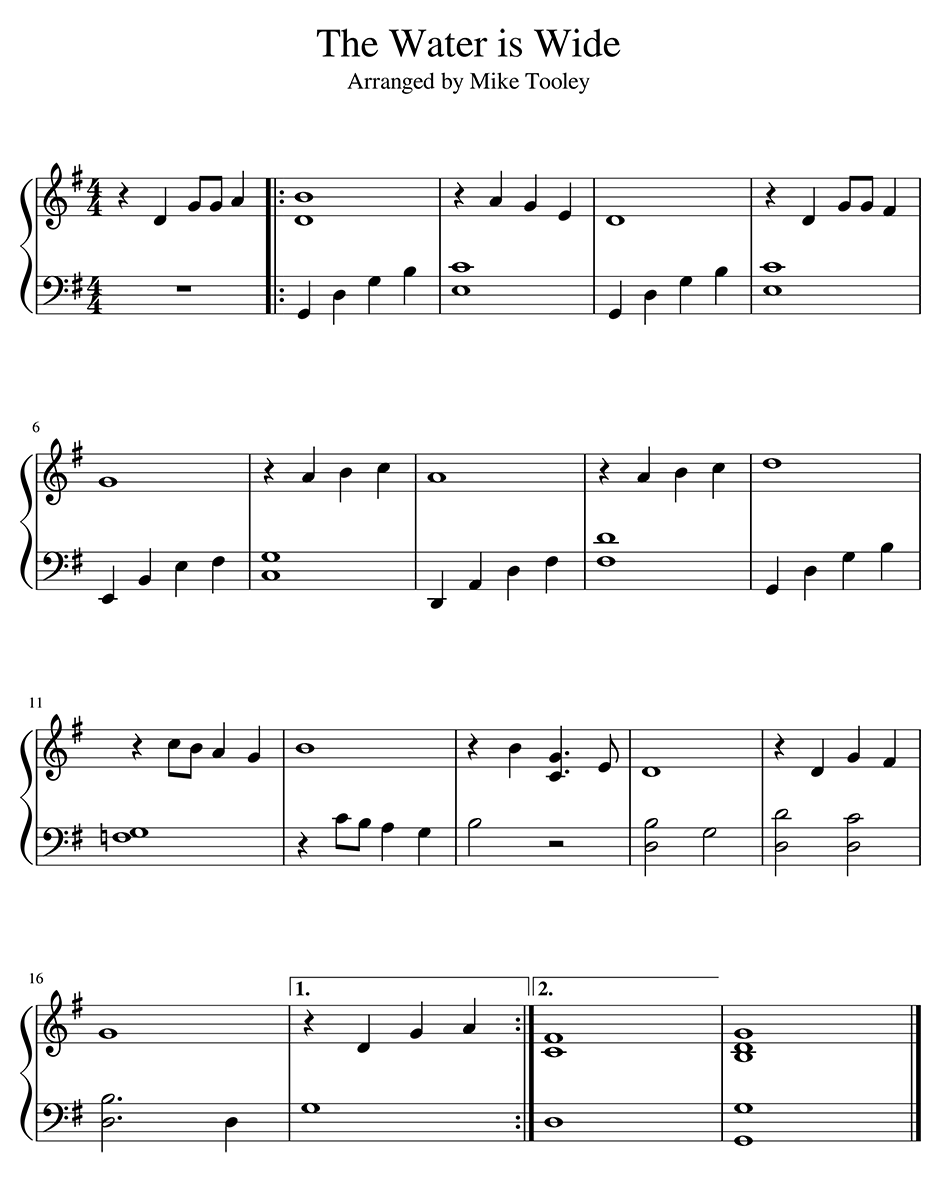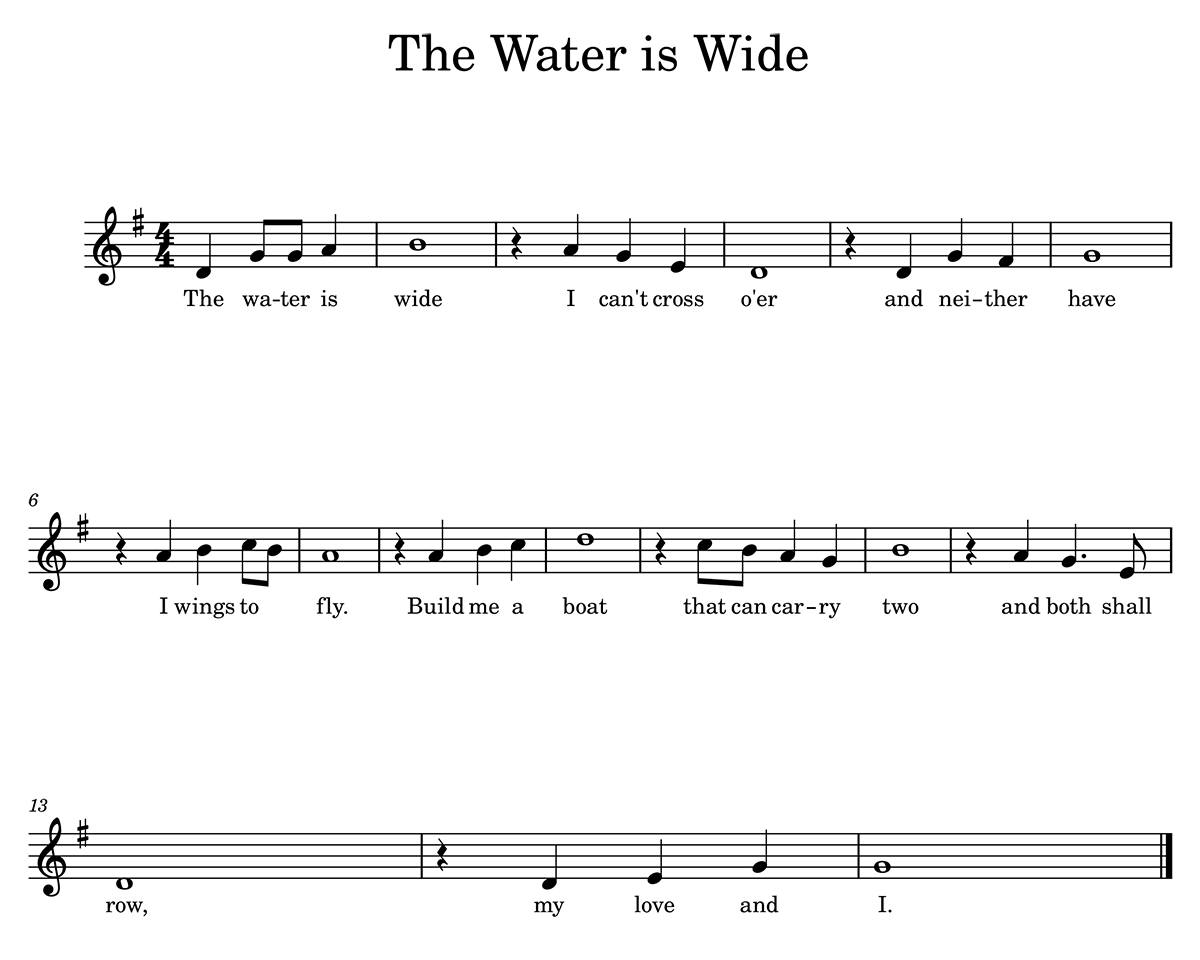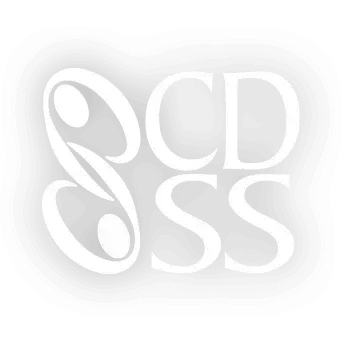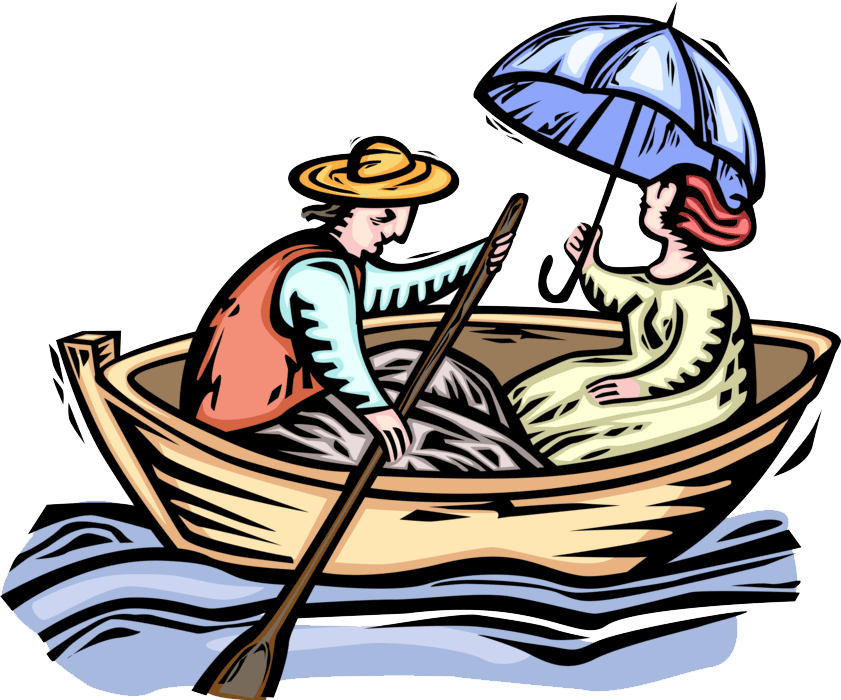Introduced by Harry Tuft
My early introduction to folk music was a recording of Burl Ives, and on that one he sang “Waly, Waly.” Not too long after, I was introduced to the recordings of Pete Seeger—that’s where I first heard “The Water Is Wide,” and I was struck by the fact that there were similar verses in the two songs. Wikipedia tells me that it was Cecil Sharp in 1906 who constructed the song we now universally sing from previous related versions. For fun, look there and you’ll see the diversity of artists who have recorded it.
Over the years, I heard so many versions of the song, and interestingly, most of them included the same verses—no “folk process” here, apparently. And I always liked the song, but particularly the versions by Steve Goodman and James Taylor—they both “Americanized” the lyric, and I appreciated that. So, when it came to my version, I did make three changes: 1) a slightly Reggae beat; 2) I end all verses on the “four,” never resolving to the “one;” 3) I have written one verse (can you tell which it is…?).
Listen to Harry sing “The Water Is Wide:”


Lyrics
The water is wide, I can’t cross over, and neither have I wings to fly.
Build me a boat that can carry two, and both shall row, my love and I.
There is a ship and she sails the sea. She’s loaded deep as deep can be.
But not so deep as the love I’m in, I know not how I sink or swim.
I leaned my back up against an oak, thinking it was a trusty tree
But first it bended and then it broke, and thus did my false love to me
Where is the love that I once knew, that was so real, love that was so true
Gone like the light at the close of day, never to return, it just fades away
For love is gentle and love is kind, and love is sweet when first it’s new
But love grows cold as love grows old, til it fades away like the morning dew.
The water is wide, I can’t cross over, and neither have I wings to fly.
Build me a boat that can carry two and both shall row, my love and I.
Harry Tuft writes: Grew up in Philadelphia in a family that enjoyed music. I owe my first interest in folk music to the recordings of Pete Seeger and Big Bill Broonzy, and to Roger Abrahams and Bob Coltman, early influencers. I credit the Gilded Cage coffee house also as a great incubator in the late fifties in Philadelphia. I started a folk music store in Denver in 1962, which I ran until I sold it to friends in 2016, which has allowed me to concentrate on making music. I also was a member of the group Grubstake, which had a run for over forty years, dormant now.


 Thanks to the Massachusetts Cultural Council for their generous support.
Thanks to the Massachusetts Cultural Council for their generous support.
 Isaac Banner
Isaac Banner Seth Tepfer
Seth Tepfer Christa Torrens
Christa Torrens Ellie Shogren
Ellie Shogren Sharon Green
Sharon Green Dilip Sequeira
Dilip Sequeira